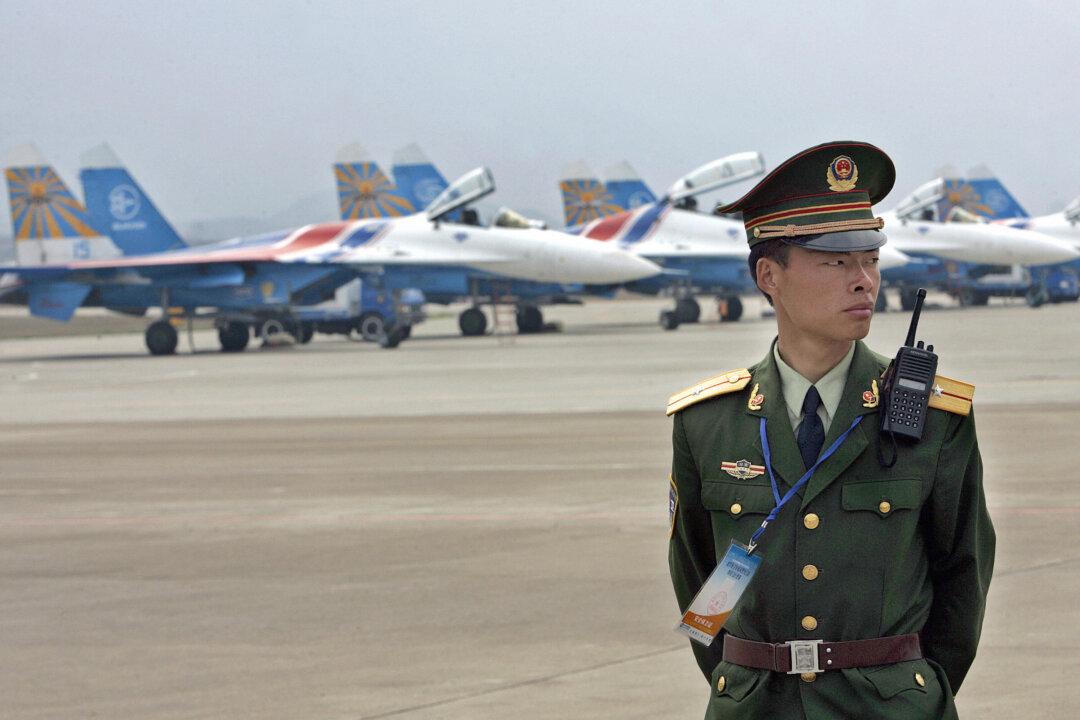The Trump administration imposed sanctions on the Chinese military on Sep. 20 for buying fighter jets and missile systems from Russia, in breach of a sweeping U.S. sanctions law punishing Moscow for meddling in the 2016 U.S. election.
The U.S. State Department said it would immediately impose sanctions on China’s Equipment Development Department (EDD), the military branch responsible for weapons and equipment, and its director, Li Shangfu, for engaging in “significant transactions” with Rosoboronexport, Russia’s main arms exporter.




